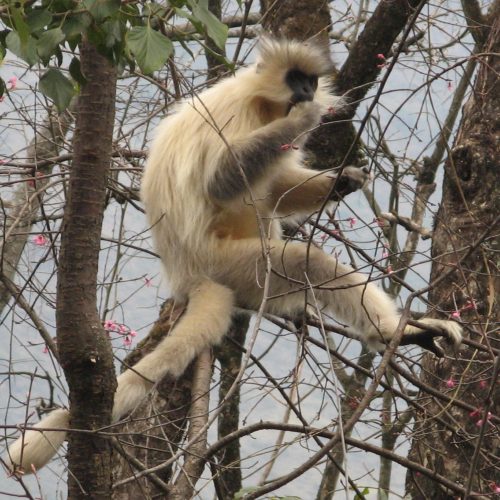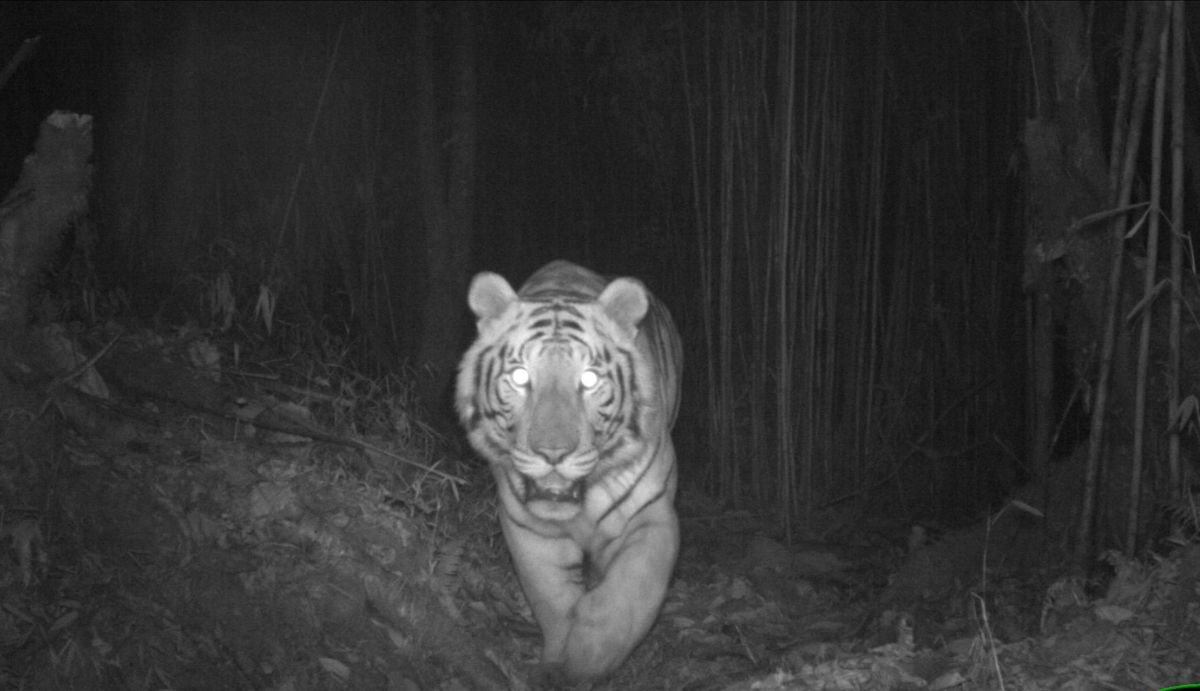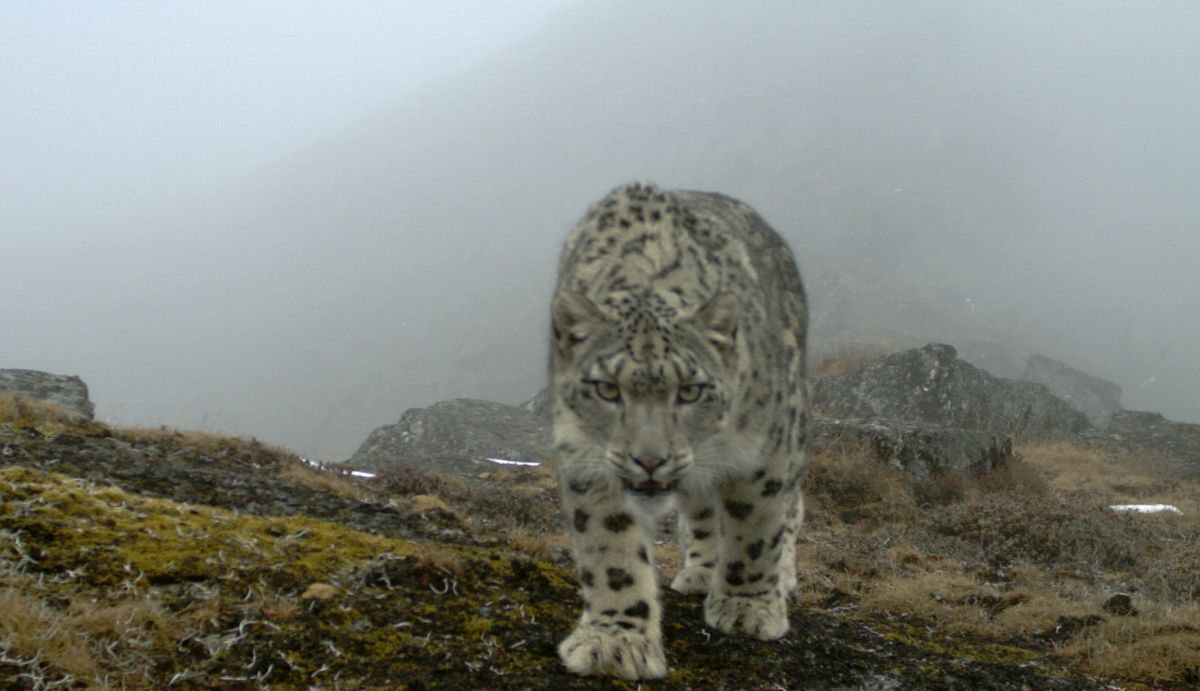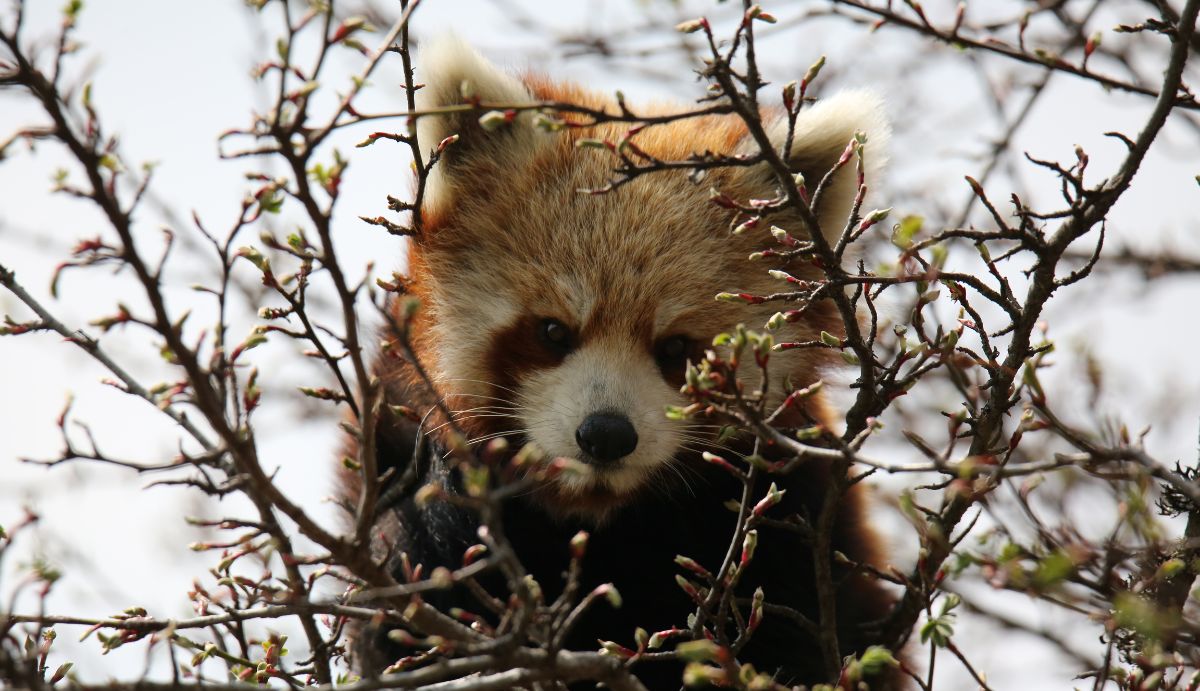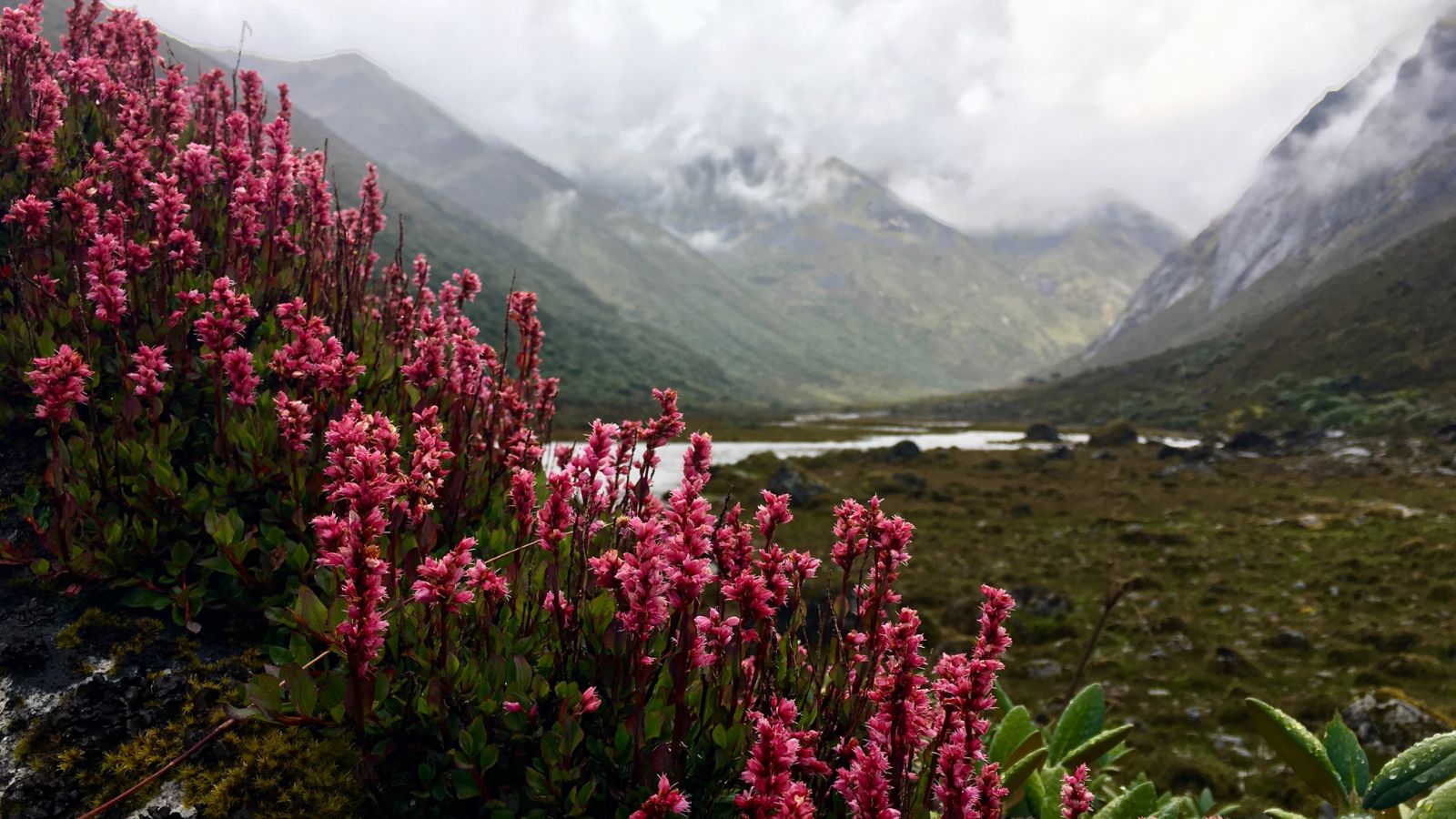
Finder
Click on the topics below to have a quick info about the Park
Park Information
Serves as a water head for rivers and streams which are critical for the livelihoods of residents within the Reserve
- Location: Spreads across two western districts (Haa and Samtse) of the country
- The only strict nature reserve along the 10 protected area
- Staff No:
Faunal and Floral Diversity
Inhabitants and Livelihood
Camping & Trekking Sites
Risk & Threats
JKSNR Future with BFL
Picture Gallery
DOCUMENTS
All the ESS, ESMP, Reports and Publications of the Park will be found here:



